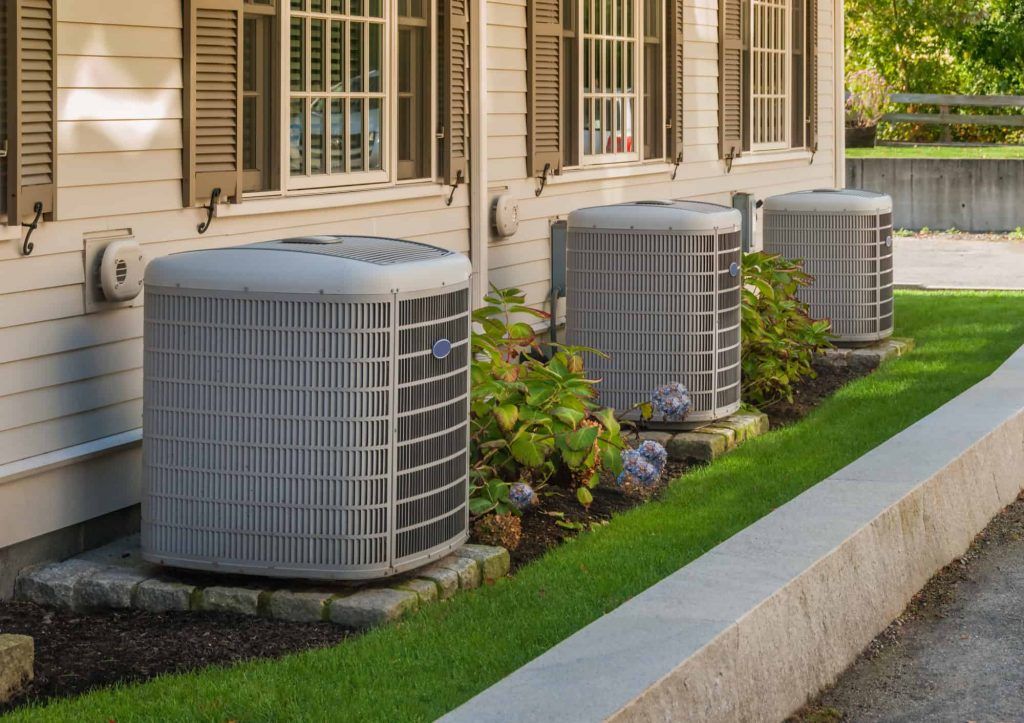
How To Choose an HVAC System for Your Commercial Building
HVAC systems play an important role in the comfort of any commercial building. Choosing the right system for your particular needs is essential to ensuring a comfortable and efficient environment for employees and customers alike. The system will be responsible for providing comfort and air quality for occupants of the building, and an inefficient system can be expensive to maintain and operate. So, how do you choose the best system for your commercial building? Keep reading below to learn how to find the right HVAC for commercial buildings.
Analyze your building’s existing heating and cooling system.
Analyzing an existing commercial building’s heating and cooling system is a vital step in determining whether to upgrade the current HVAC system or purchase a new one. This process involves evaluating multiple factors, including the age of the equipment, its size relative to your business needs, its energy efficiency rating, and any maintenance records that are available. The first step in analyzing your existing system is to identify what type of equipment you currently have installed. Most modern systems are either air-source or ground-source heat pump systems. Air-source pumps draw warm air from outside and use it to cool down indoor air while ground-source pumps source their heat from underground instead of drawing it from outside temperatures.

Knowing which type of system you have installed can help determine if an upgrade is needed based on how efficient it is compared to more modern options. After identifying the type of unit installed, look at its size relative to your space requirements as well as energy efficiency ratings for similar models manufactured today; this will provide insight into whether an updated model would be more cost-effective over time due to improved energy savings and/or performance capabilities. Lastly, review any maintenance records associated with the existing system; if there have been significant repairs over time, then replacing rather than upgrading may be more cost-effective in the long run given that many newer HVAC units come with extended warranties and service plans included with their purchase price.
Assess the size and layout of your building.
When assessing the size and layout of your commercial building, it’s important to consider a few factors. Firstly, you must consider the total square footage of your building. This will help determine which type of HVAC system would be best suited for your needs. You should also take into account things like whether or not there are multiple levels or rooms in the building, as this can influence what kind of system would work best. Additionally, any unique features such as high ceilings or large windows should be taken into consideration when selecting an HVAC system since they may require special installation considerations. Lastly, you must ensure that all equipment sizing calculations are in compliance with local codes and regulations in order to guarantee proper operation and safety measures are met when installing a new system.
Consider energy efficiency ratings.
When considering energy efficiency ratings for HVAC systems used in commercial buildings, look at SEER or Energy Star ratings or those recognized by local utility companies that may offer incentive programs related to energy savings from new installations of high-efficiency equipment. High SEER rating means more cooling output with less electricity consumed making it cost-effective over time. Keep in mind, a higher initial cost may be due to increased quality components than lower-end models which require more frequent repairs and maintenance.

Find a professional contractor to install the HVAC unit.
When choosing an HVAC system for your commercial building, it’s important to utilize a professional contractor. A professional contractor has the expertise and experience necessary to ensure that the system is properly installed and functioning properly. They will be able to evaluate your specific needs, recommend the best type of system for you, install it correctly, and help keep it running optimally.
A good contractor should understand all aspects of HVAC systems in order to make sure that you get a quality installation. This includes understanding different types of equipment available on the market, how they work together as part of an overall system design, how they can be incorporated into existing buildings or new construction projects, as well as knowing which manufacturers offer reliable products at competitive prices. Additionally, your contractor should also have knowledge about energy efficiency ratings so they can recommend solutions that will save money on utility bills in the long run.
Overall, choosing the right HVAC system for a commercial building is a critical decision that can make a major difference in the comfort, energy efficiency, and cost of the building. With the right system, businesses can save money in the long run, while also providing a healthier, more comfortable environment for employees and clients.




